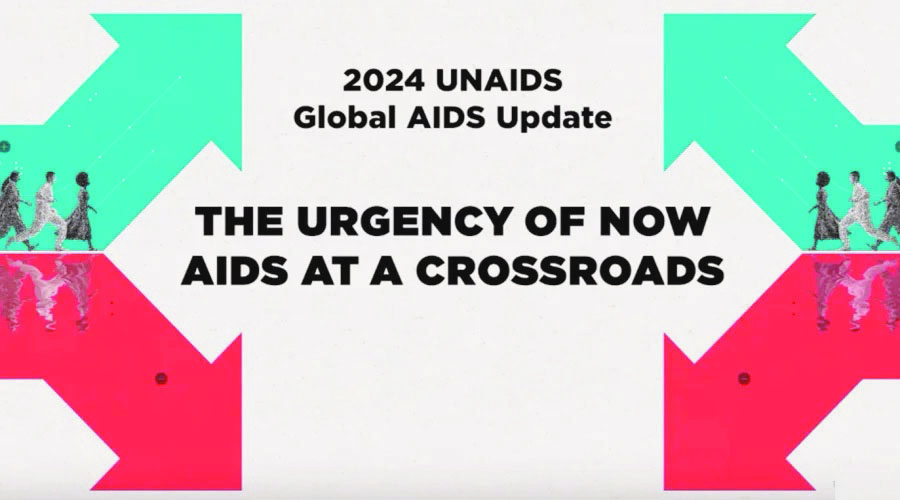While a “worrying” increase of AIDS-related deaths has been reported in Belize, Cuba, Guyana and Suriname, a recent UNAIDS report is advocating that the end of the AIDS epidemic can be achieved by 2030 if leaders take bold actions.
The report, “The Urgency of Now: AIDS at a Crossroads” which was released on Monday, argued that the world is at a “critical” moment that will determine whether world leaders meet their commitment to end AIDS as a public health threat by 2030, a UNAIDS release stated. The report brings together new data and case studies which demonstrate that the decisions and policy choices taken by world leaders this year will decide the fate of millions of lives and whether the world’s deadliest pandemic is overcome.
UNAIDS [Joint United Nations Programme on HIV/AIDS] unites the efforts of 11 UN organizations – UNHCR, UNICEF, WFP, UNDP, UNFPA, UNODC, UN Women, ILO, UNESCO, WHO and the World Bank – and works closely with global and national partners towards ending the AIDS epidemic by 2030 as part of the Sustainable Development Goals, the release informed.

